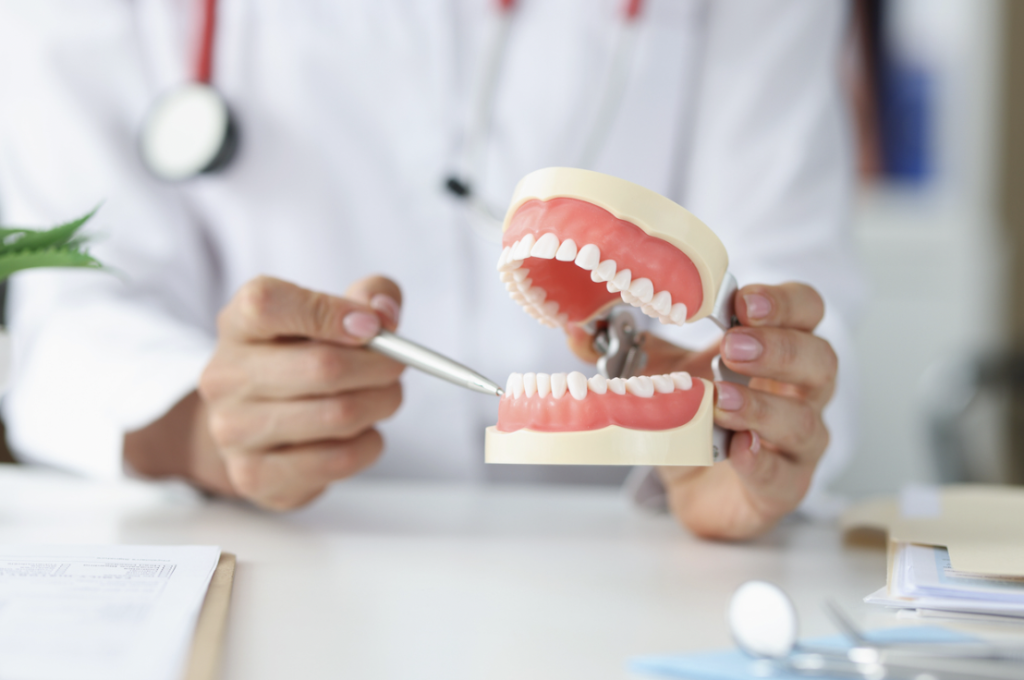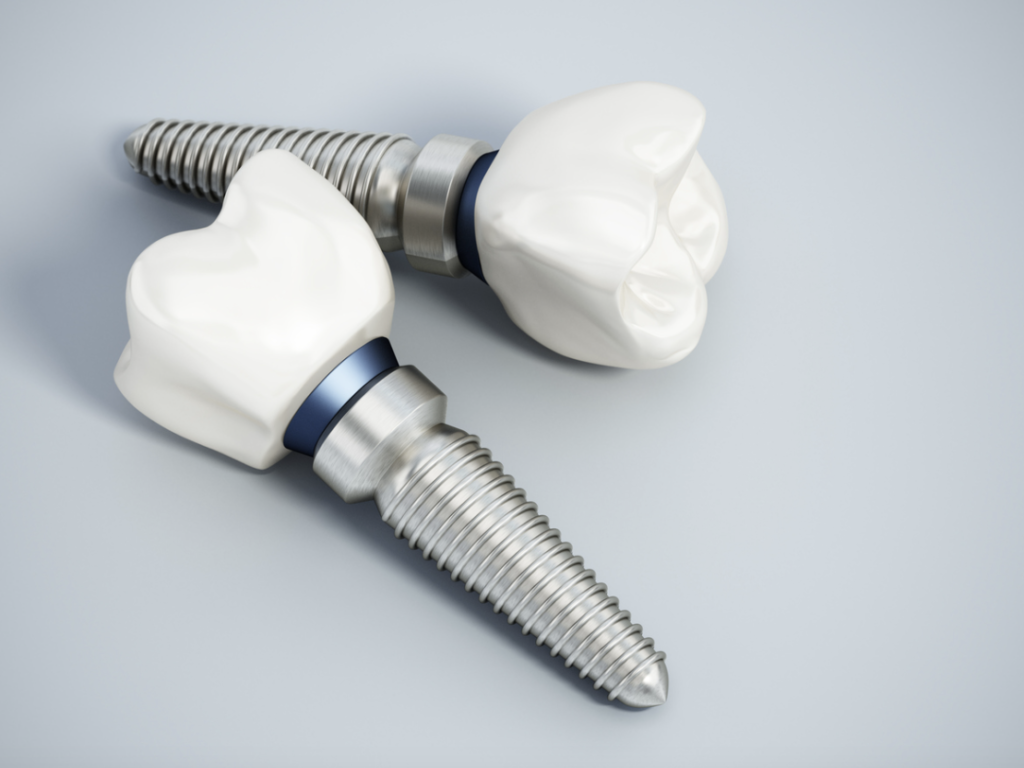
Dealing with tooth sensitivity can be a perplexing issue, but our dedicated dental team is here to provide you with relief and clarity by debunking common myths surrounding tooth sensitivity:
- Myth: Feeling pain when consuming hot or cold foods is normal. Fact: Tooth sensitivity to hot or cold temperatures can signal underlying oral health issues such as cavities, aging dental fillings, worn enamel, gum disease, or exposed tooth roots. Visiting our dental office is essential to address the root causes and find relief from sensitivity.
- Myth: Desensitizing toothpaste is ineffective. Fact: Desensitizing toothpaste containing ingredients like potassium nitrate or strontium chloride can block pain signals and alleviate sensitivity over time. We may also recommend prescription-strength toothpaste for persistent sensitivity.
- Myth: Avoiding favorite foods and beverages is necessary with sensitive teeth. Fact: Consult our dentist to determine the cause of sensitivity and explore treatment options. With proper care and treatment, you can continue enjoying your favorite treats without worry.
- Myth: Sensitivity never leads to tooth loss. Fact: Untreated sensitivity can lead to gum recession, tooth decay, and ultimately tooth loss if left unchecked. Timely diagnosis and treatment are crucial to maintaining a healthy smile.
- Myth: Sensitivity is incurable. Fact: The manageability of sensitivity depends on its cause. Proper oral hygiene practices, along with professional treatment, can effectively manage and alleviate sensitivity.
Schedule Your Appointment Today!
Don’t let tooth sensitivity impact your quality of life. Schedule a comprehensive dental examination with Chicago Dental Implants, Oral & Facial Surgery to address your concerns and achieve a healthier, more comfortable smile. Contact our team today to schedule your appointment and take the first step toward optimal oral health.












